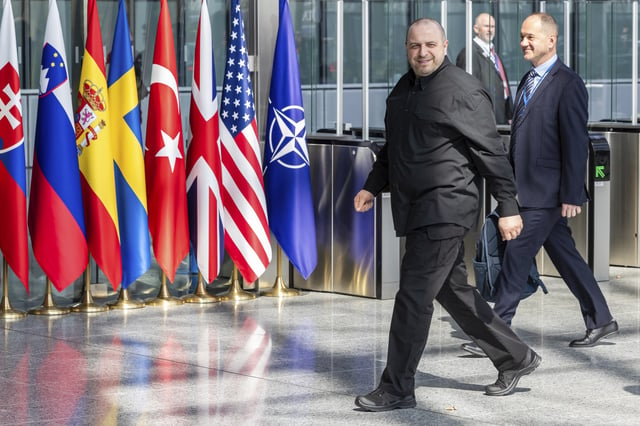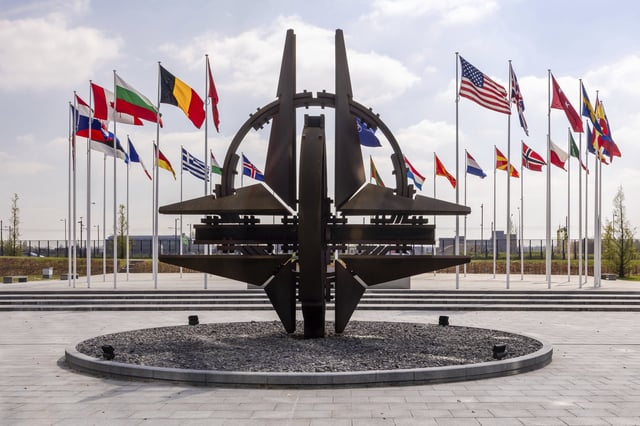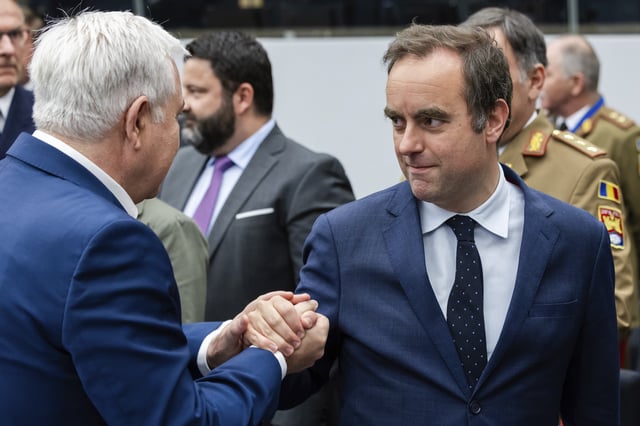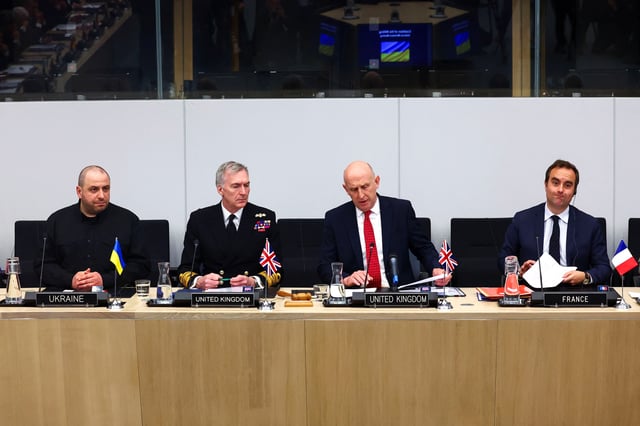Overview
- The UK and France are spearheading efforts to assemble a multinational reassurance force of 10,000–30,000 troops to secure Ukraine's sovereignty and deter future Russian aggression.
- Defense ministers from 30 nations convened in Brussels to discuss the coalition's operational scope, with unresolved questions regarding its mandate and U.S. military support.
- The coalition's deployment is conditional on a negotiated ceasefire, which remains elusive as Russian offensives continue and peace talks stall.
- Significant military aid, including £450 million for drones, radar systems, and anti-tank mines, has been announced to bolster Ukraine's immediate defense needs.
- The coalition aims to ensure long-term European security, with member nations debating troop contributions, air defense, and logistical frameworks for the proposed force.



